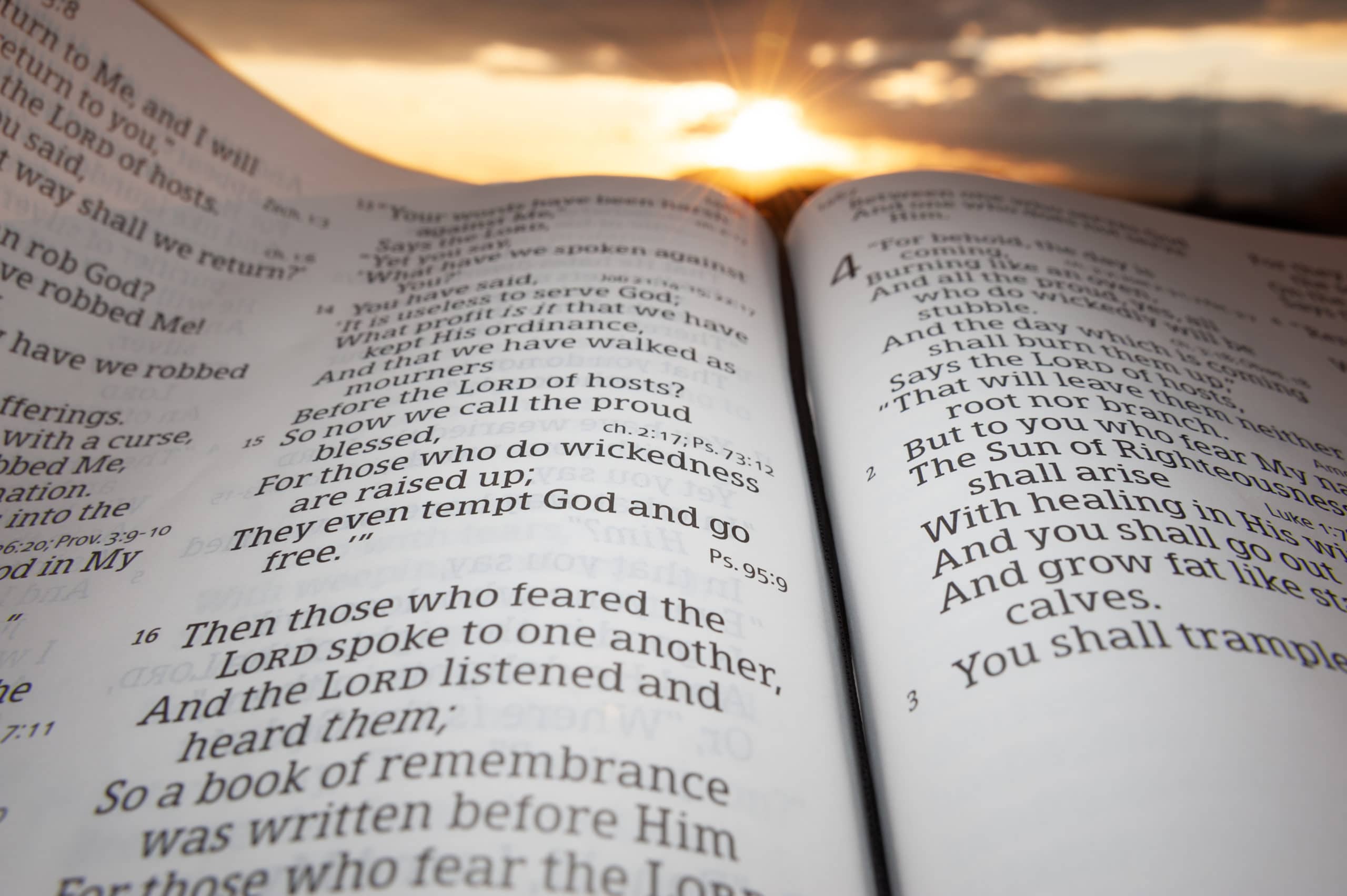What is the antichrist?

The term antichrist is mentioned in 1 John 2:18,22; 4:3 and 2 John 7. But some other references to “antichrist” are “the man of sin,” “the mystery of iniquity,” “that wicked one,” “the son of perdition,” “the beast,” “the man of lawlessness,” and “the secret power of lawlessness.” For example, see 2 Thessalonians 2:3-12 and Rev. 13:18.
According to the Greek, “anti” means “in place of” “instead of,” “a substitution,” or “a correspondence.” It does not mean “against.” Therefore, antichrist means in place of Christ.
So, who or what is in place of Christ, a person or a governing system? 2 Thessalonians 2:7 helps us understand. Paul says, ”For the secret power of lawlessness (meaning the antichrist) is already at work.” In Paul’s day, almost 2000 years ago, the antichrist (or those who were against the true church) was already at work. The concept of the antichrist in this context indicates that it is not literal, but symbolic of an evil religious system, just beginning to bud.
Daniel 7 further illustrates this point. In that chapter the Roman Empire is referred to as a “he.” There is also symbolism describing the characteristics of the antichrist in Rev. 13 which can be compared with Daniel 7 with special focus on “the other horn which came up” (Dan. 7:20) and spoke “great things” and “blasphemies.”
This horn seems to represent the antichrist, which came out of the true church. John (1 John 2:18-22) similarly says that there was a development and that the antichrist came out of that development. “They went out from us, but they were not of us.” (1 John 2:19)
This scripture helps us see that the antichrist is a counterfeit system coming out of the true church. Looking at the antichrist from an historical viewpoint, all the major protestant reformers (Huss, Wycliffe, Luther, etc.) up through the mid-1800’s were in unanimous agreement with Peter Waldo, a twelfth century pre-reformer, who identified the antichrist as a system of falsehood which gradually developed and had its climax in the Papal system. But, interestingly, we see almost a reverse idea today.
The prevalent thought is that the antichrist is coming … that he is a man who will wreak havoc on the earth and that this havoc will bring about the end. But this viewpoint is not in harmony with what the scriptures say because the apostles Paul and John tell us that the antichrist was already beginning in the first century.






